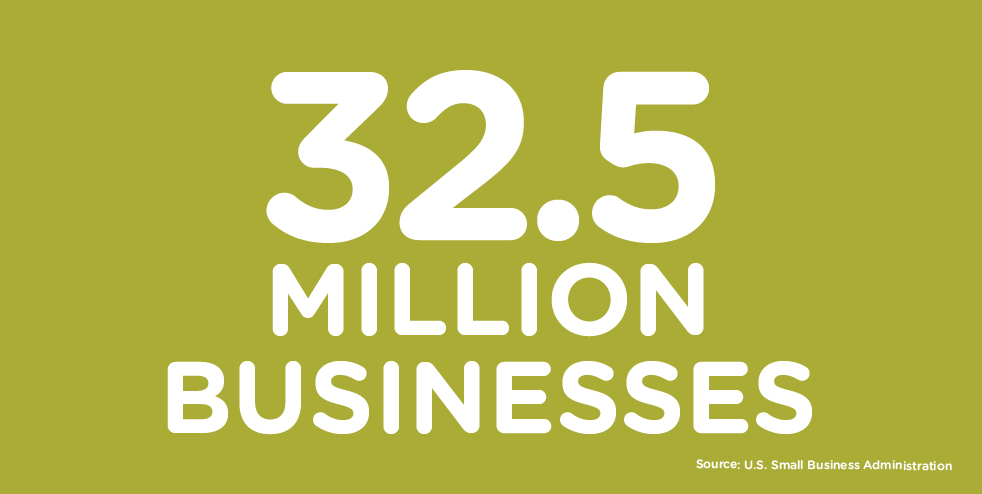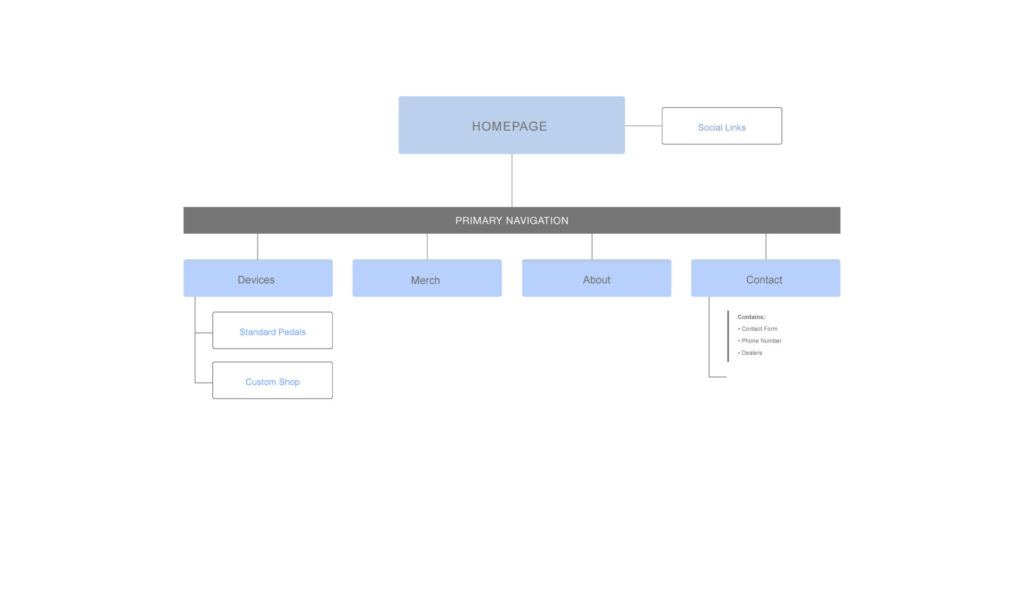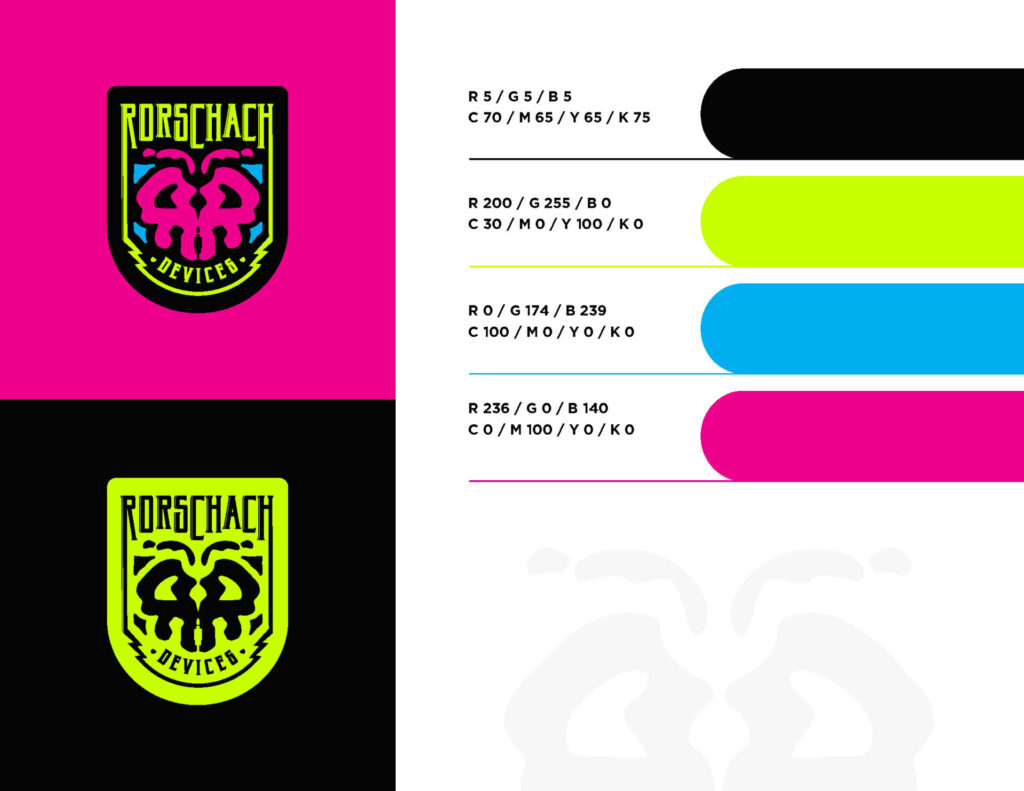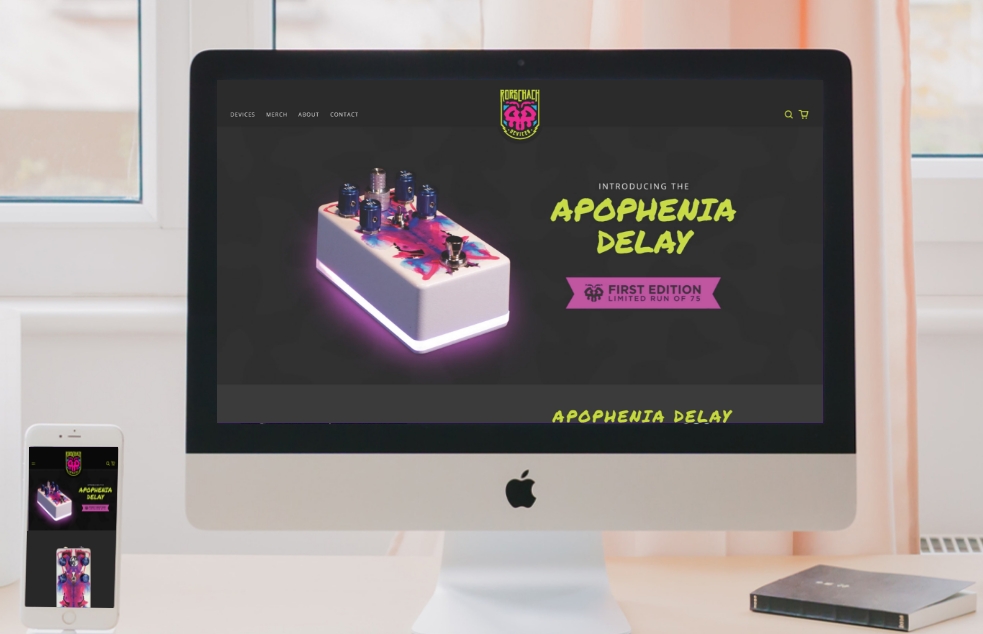Let’s say you just invented something that puts sliced bread to shame. Something that will improve lives by the million.
You have a website and a logo. You even have a few ideas for commercials.
There’s just one problem: Nobody knows you exist… and your industry is stacked with competitors.

In short, you need a media buying strategy — pronto.
Let’s dig into the whats, whys and benefits, shall we?
Spending Your Media Budget Smartly.
A couple hundred years ago, there was really just one medium: The newspaper. So, anyone could buy space in the local rag for a few pennies.
Not much strategy involved there, right?
But then came magazines. Then billboards. And radio followed by TV and trade magazines. Then the internet and wearable internet. Each of those mediums has hundreds — or hundreds of millions — of advertising placement options.
# TV stations:
1,775+
# Radio stations:
15,000+
# Newspapers:
6,000+
# of US websites:
133 million+
# of magazines:
7,400+
And since the general rule of thumb is that you should spend around 7% of your budget on marketing, you need to be mindful of how — and where — you deploy your resources.
That’s a major reason to have a media buying strategy. But not the only one.
Media Buying Strategy Benefit #1: Achieving Communication Goals
What’s one thing that every company has, but is different for every company?
Goals.
Your company might be a shiny new startup that’s scrounging pennies to get your brand out to the masses (or niche).
Your business could be a century old, searching for more leads (not sales) with millions of dollars to spend.
Yes, everyone has a different goal by which they measure success — but success rarely happens without a solid strategy in place.
Media strategy agencies like Stealth Creative move businesses forward by zooming in on your priorities first, then zoom out to generate a plan for desired results. This is an important distinction.
Why?
Because some media is more conducive to certain goals than others.
Digital is Best Suited For:
Specific targeting Generating real-time data Fine-tuning performance
TV Works For:
Creating effective consumer connections Broad reach Telling stories
Radio is Perfect For:
Efficiency Large audiences Driving online brand searches
Out of Home Enhances:
Broad-reach appeal (billboards on highways)
Niche messaging (individual screens at gyms)
Use Social Media For:
Highly-visual elements
Product demonstrations
Engaging with customers
Print is Ideal For:
Making lasting impressions through physical interaction (holding, turning pages) A more “hands-on” interaction
Your media team will help figure out the right mix based on your goals.
Benefit 2: Data-Driven Delivery
Media planners and strategists are nerds — and they aren’t ashamed to embrace it. Excel is to them what water is to fish. They view data in all its forms as the missing element that makes any strategy really sing.
In fact, media teams make every decision by running the numbers ragged. And a
mathematically-based plan of attack is one of the main reasons why you need a media strategy:
Since media planners put data and analytics under a microscope, they shine at:
Segmenting your audience
Optimizing campaign or spend for constantly improving results
Determining return on ad spend (ROAS) effectiveness
Plotting share of voice, brand recall and other key metrics
Stealth Creative’s media team understands the strengths and weaknesses of each medium and knows which best aligns with the results clients want within their budget.
And our media buyers also understand the nuances between different platforms. For example, different OTT vendors can serve “similar” ad experiences, but they vary on who can be targeted, when and how impressions are delivered and other variables that must be weighed.
Everything is factored to create a plan that has the highest likelihood to achieve — or exceed — the stated goals.
Benefit #3: Right Place, Right Time, Right Message
Pretend for a moment that you sell mattresses and your media team has a strategy to run two different spots: One late at night and one early in the morning.
Why would they do that?
Because the messaging can be different. If a commercial is running at 1 am and an insomniac sees your ad (commercial or banner), the takeaway should be about how your mattress is an instant lights out miracle.
But if someone doesn’t get a deep sleep, the messaging they see or hear on their way to work could be about how they’d feel wide awake if they gave your product a try.
Working with a media planning team not only helps ensure your ideal audience receives your message, they help guide the strategy to help make sure the message makes sense in the context it appears. This 360° thinking is more likely to happen with a full-service marketing agency like Stealth Creative.
Benefit 4: More Bang For Your Bucks
In business, just about everything is negotiable — and that includes media pricing.
As we noted in our marketing myths blog, media buyers can leverage their expertise and connections to negotiate buys at lower rates. Why? Because certain mediums can be like the Costco of marketing; when you buy in bulk, you get better rates. And when you plan media for multiple companies, you are more likely buying multiple time slots, issues, etc.
But there are other ways media buyers can sweeten the deal for you:
Bonus spots
Better placements
Digital elements like banner ads or site takeovers
These are just some examples of what can be negotiated or included in a well-rounded media buy. And your strategist won’t be afraid to play a little hardball to get the best possible deal to achieve your goals.
Benefit 5: Monitoring Your Marketing
Just like any stock market investor will check their 401(K) balance from time to time, it’s natural for companies to want to know how their media investments are doing. Good media planners hold scheduled meetings with clients to discuss performance, tweaks, reconciliations and recommendations pertaining to the strategy.
During these calls, certain data will also likely be discussed:
- Ratings
- Impressions
- Bonus deliveries
- Impact on leads/sales
In certain circumstances — especially digital — you might be able to log in to your own dashboard to see the number of views, clicks and other metrics for a more-or-less real time idea of your campaign’s performance.
Here’s the bottom line: You should expect and trust your media team to make the entirety of your relationship turnkey so you can focus on other things. And they should always be available to communicate the status of your strategy.
Benefit 6: Fresh Ideas, New Opportunities
Media evolves. New competitors and technology come to market. Most importantly, though, opportunities arise.
Just because an annual plan is made at the onset, that doesn’t mean your media team will be sitting on their hands.
Not at all.
Instead, they will (or should) be paying close attention to the national and local landscape in search of the latest and greatest developments, eager to bring these to your attention. Similarly, they should be eyeing consumer sentiment shifts and other measures to proactively modify your strategy and set you up for however you define success.
For example, although the NFL broadcast schedule was set during the summer, ABC and Disney made a deal in mid-September to air an additional eight Monday Night Football games on ABC. Your media team is paid to be on top of these breaking opportunities.
Media Buying Strategies Have Even More Benefits
Indeed, there are literal books on this topic. And while we could make this page infinitely long, you’ve got things to do… like maybe finetuning the strategy for your media buy.
Why not get in touch with the Stealth Creative media specialists? You’ll save time, money and give your business the best shot at achieving its marketing goals.

Brian Reinhardt
Brian Reinhardt is a Senior Copywriter at Stealth Creative whose first unpublished story was penned at the age of eight. Yes, it involved hoverboards, lasers and robots. His days are filled with researching, content creation and SEO strategy. His nights are spent with family, reading and managing too many fantasy sports teams. Nine is his favorite number.
In case you missed the news—you’ve got to adapt or die in this Digital Age. And for brand managers and business owners alike, building a strong online presence is crucial for success.
As we often say at Stealth Creative: Your website IS your brand; it acts as a virtual gateway for customers to discover and engage with your products or services.
So, as long as your website leaves a good first impression, you’re all set. Right?
Turns out, it’s not that simple. Because not all websites are created equal. To ensure your online platform effectively represents your business and reaches your target audience, it’s vital to invest in a website that’s built to best-practice specifications.
Let’s explore the key steps involved in creating a website that not only looks great but serves you exactly how it should.
Step 1: Wireframes and Site Map
The first step for developing your website is building a solid foundation. Wireframes and a site map serve as the blueprint for your website, outlining its structure, navigation and key functionalities. At Stealth, we understand how crucial it is to work closely with clients at this stage to ensure we have clear understanding of YOUR business goals, target audience and desired user experience.


Step 2: Design Phase
Once the wireframes and site map are approved, the design phase begins. Aesthetics play a key role in engaging your website visitors. This is where you get to meet our design team! They love to collaborate with clients, helping to spin their visions into a appealing and cohesive experiences. Logos, color schemes, brand guidelines and any specific design elements that reflect your brand’s personality are developed (or incorporated if already existing). This collaborative process will help create a website design that not only looks stunning but also reinforces your brand’s message and values.
Step 3: Development and Launch Phase
After finalizing the design, the development phase takes center stage. Stealth’s skilled developers will transform the approved design into a functional website, employing best practices for coding, responsiveness and usability. And since more than half of overall web traffic comes from mobile devices, we take a mobile-first approach to design and development. This phase may involve content creation, integration of e-commerce functionalities and customization based on your needs.
Throughout this process, we prioritize regular communication with you, so you can provide timely feedback and we can agilely address you concerns or modifications. Once the website is thoroughly tested and refined, it’s time for the highly anticipated launch.

Step 4: Initial Search Marketing Promotion of New Site
Your newly built website is ready to be unveiled to the world, but its success relies on driving traffic and attracting visitors. Incorporating search marketing strategies is the key to improving your website’s visibility in search engine results.
This is where Stealth’s digital marketing experts work to ensure SEO elements, such as keyword optimization, meta tags and proper site structure, are in place. Depending on your business’s needs, our content team can also help to create engaging and shareable content to attract organic traffic and explore paid advertising options to amplify your website’s reach.
You Get Back What You Put In.
Investing in a well-built website is an investment in your business’s success!
By partnering with an experienced agency like Stealth Creative, you can be confident that best-practice specifications are followed, and you can ensure your website is optimized for performance, user experience and search engine visibility.
Check out our Web Services page to get a sense of what we can do. Then, drop us a line when you’re ready to start your website build. We can’t wait to be your guide!

Jack Eschmann
Jack Eschmann is a Senior Copywriter who has worked on both the account service and creative sides of the advertising business. He enjoys crafting messages that are strategically sound, action driving and true-to-brand for each client he serves. He is also a leading member of Stealth’s content team, is an avid musician and production nerd—and can often be found laying down voiceovers in the agency’s production studio.
Repeat this to yourself. Make it your mantra: “My website is my brand. My website IS my brand.”
It’s the cornerstone of any brand’s identity. Yes, even yours.
And, statistically speaking, your website is one of the first places a customer will interact with your company as they begin their buying cycle. (more…)